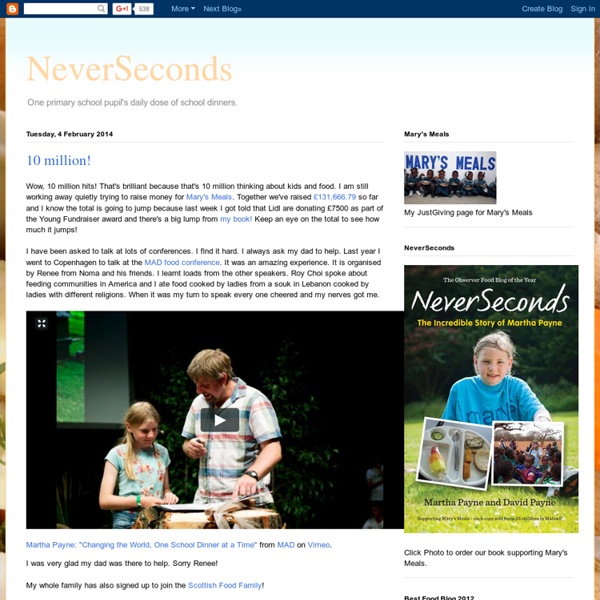NeverSeconds
Major Love of Film
Kid Reporter Blogs | Sports Illustrated Kids
One of the advantages living close to Fenway Park (arguably one of the best baseball parks in the Major Leagues) is that I get to go to a lot of games. So far, the Red Sox have only played six games at home this this season, and I’ve been to two of them – not bad for a 10-year old, right? At one of the games, I got to see one of my favorite players, Daniel Nava, make a nice catch in right field about 10 feet away from me. I love watching Nava play. He always puts in 100 percent effort. Even if the Red Sox are losing 20-1, he still goes out there and plays like they could win. I think Nava has been one of the great Red Sox stories of the past few years. But before Nava was a big league slugger, he was an undersized kid who faced a lot of personal adversity.
bibas photos
childtasticbooks | Great books for great readers
SPIDER — times change
Related:
Related:



